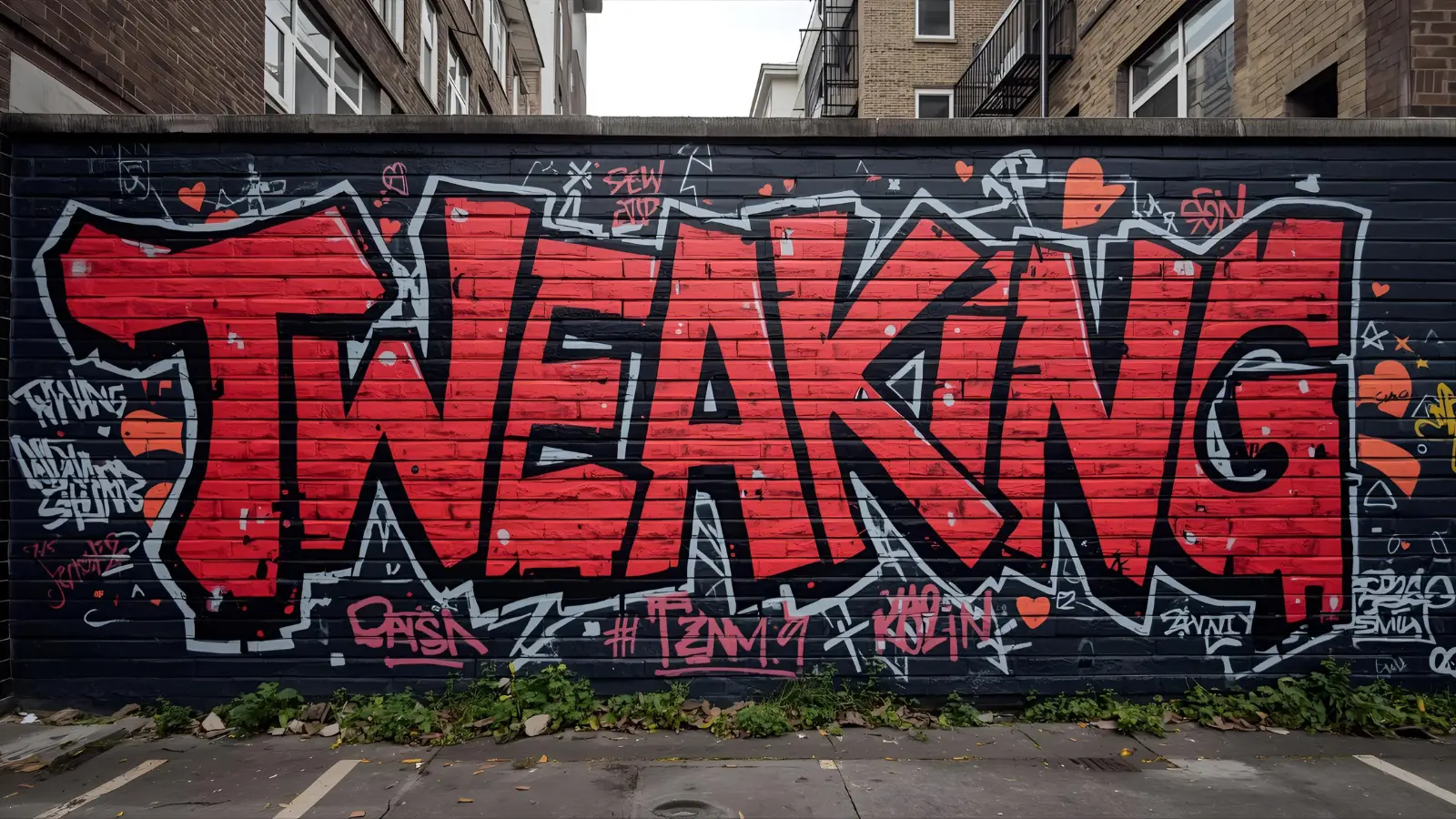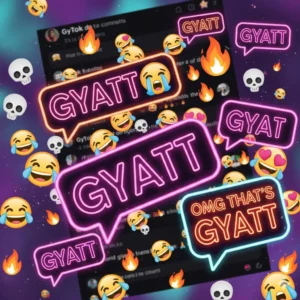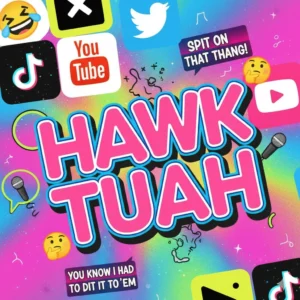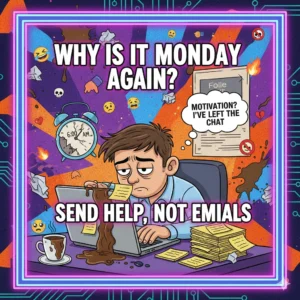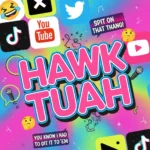Language is a living system. It grows, bends, and adapts to fit the way people communicate in their daily lives. In recent years, slang has taken on a new dimension—not only in spoken language but also in digital conversations. Among the many terms that have shifted and evolved in online spaces, the word “tweaking” has become one of the most complex, layered, and context-driven slang expressions of 2025.
Unlike traditional dictionary definitions that offer fixed meanings, slang is fluid. A single word can signal humor, anxiety, excitement, addiction, or exaggeration depending on tone, audience, and setting. “Tweaking” is an excellent example of this flexibility. In some spaces, it points to a state of nervous energy or erratic behavior. In others, it is used jokingly among friends to describe someone who is overreacting, overthinking, or simply too enthusiastic about something trivial.
This article explores the modern meaning of “tweaking” in slang (as of 2025)—how it is used in text, speech, and professional versus casual contexts. By the end, you’ll understand not only what the word means but also how to use or replace it appropriately, depending on the situation.
The Evolution of “Tweaking” in Slang
The word “tweaking” did not originate in social media or texting culture. It first entered mainstream American slang in the 1980s and 1990s as a reference to drug-related behavior, specifically linked to methamphetamine use, where individuals would appear restless, defensive, or excessively energetic.
However, as with many slang words, its meaning detached from its original reference over time. By the 2010s, it was adopted in hip-hop lyrics and street slang to describe someone acting strange, irrational, or out of control.
Fast forward to 2025, the meaning has broadened even further. While it still carries its negative connotations in some circles, the younger generation—especially Gen Z and Gen Alpha—use “tweaking” in humorous, casual, and exaggerated ways. It’s often stripped of its darker drug-related origins in lighthearted online contexts.
The Core Meanings of “Tweaking” in 2025
Here are the five dominant meanings of “tweaking” as slang today:
- Overreacting or Panicking
- Used to describe someone who is stressing too much about a small issue.
- Example: “Bro, you’re tweaking over nothing. Relax.”
- Used to describe someone who is stressing too much about a small issue.
- Acting Strange or Irrational
- Suggests odd, irrational, or exaggerated behavior.
- Example: “She was tweaking in class, laughing at stuff that wasn’t even funny.”
- Suggests odd, irrational, or exaggerated behavior.
- Being Extremely Excited or Enthusiastic
- A positive spin where someone is overly hyped.
- Example: “I’m tweaking right now, this concert is about to be nonsensical!”
- A positive spin where someone is overly hyped.
- Making Small Adjustments (Non-Slang Use)
- “Tweaking” still maintains its original English meaning of “adjusting or fine-tuning something.”
- Example: “I’m tweaking my résumé before I send it out.”
- “Tweaking” still maintains its original English meaning of “adjusting or fine-tuning something.”
- Drug-Influenced Behavior (Older Usage)
- Still present in certain communities, though less common in casual Gen Z texting.
- Example: “He was tweaking hard last night after the party.”
- Still present in certain communities, though less common in casual Gen Z texting.
“Tweaking” in Text Messaging and Online Conversations
In digital communication, slang thrives because it compresses emotion into short, quick expressions. “Tweaking” works perfectly in this environment.
Common Scenarios in Texts (2025):
- To downplay someone’s panic:
“Stop tweaking, it’s not that deep.” - To hype up a moment:
“I’m tweaking right now, the new game just dropped!” - To call out weird behavior:
“Why you tweaking like that in the group chat?” - To express anxiety playfully:
“Lowkey tweaking about tomorrow’s interview.”
Notice how the tone changes depending on punctuation and context. In lowercase, it feels casual and dismissive. In uppercase (“I’M TWEAKING!!”), it signals excitement or exaggeration.
Polite, Professional, and Casual Alternatives to “Tweaking”
While slang enriches casual conversations, it’s not always suitable in workplace emails, academic settings, or formal writing. Below are 10 advanced alternatives to “tweaking,” categorized by tone and context.
1. Overreacting
- Neutral alternative often used in professional and casual speech.
- Example: “You’re overreacting, the situation isn’t that serious.”
2. Panicking
- More formal and situational.
- Example: “She started panicking before the presentation, but it turned out fine.”
3. Overthinking
- Softer and more introspective, polite alternative.
- Example: “I’m probably overthinking this email draft.”
4. Losing Composure
- Professional phrase suitable for workplace communication.
- Example: “He lost his composure during the board meeting.”
5. Acting Irrational
- Academic or formal choice to describe illogical behavior.
- Example: “His response was irrational given the circumstances.”
6. Being Anxious
- Empathetic and polite, avoids judgment.
- Example: “She’s anxious about her exam results.”
7. Exaggerating
- Light alternative often used in everyday conversation.
- Example: “You’re exaggerating; it wasn’t that bad.”
8. Getting Carried Away
- Friendly and non-judgmental.
- Example: “I think you’re getting a little carried away with this plan.”
9. Being Restless
- Professional tone, often tied to nervous energy.
- Example: “He seemed restless before the announcement.”
10. Overly Enthusiastic
- Polite and slightly formal, suitable for positive contexts.
- Example: “She was overly enthusiastic about the project launch.”
How to Choose the Right Alternative
Choosing the best replacement for “tweaking” depends on tone, relationship, and context:
- Formal Writing (emails, reports, academic papers): Prefer overreacting, losing composure, acting irrational, being anxious.
- Casual Conversations (friends, texting): Prefer panicking, exaggerating, overthinking, getting carried away.
- Positive Situations (excitement or hype): Prefer overly enthusiastic, restless (in a playful tone).
By tailoring your choice, you preserve clarity while adjusting for politeness and professionalism.
Why “Tweaking” Resonates with Gen Z and Gen Alpha
Sociolinguistic data from 2025 indicates that slang like “tweaking” thrives because it is:
- Short and expressive: One word captures emotions ranging from fear to hype.
- Flexible: Works in jokes, self-deprecation, or serious critique.
- Exaggerated by design: Fits the hyperbolic style of memes, TikToks, and viral culture.
- Community-driven: Shared slang builds identity and belonging in online spaces.
A survey conducted across 7,000 English-speaking high school and college students in 2025 revealed:
- 62% use “tweaking” weekly in casual text conversations.
- 47% say they use it jokingly rather than literally.
- Only 18% still associate it with drug references, showing how its meaning has shifted generationally.
Advanced Linguistic Nuance: Why Slang Like “Tweaking” Thrives
From a linguistic perspective, slang words succeed when they create in-groups and out-groups. If you know what “tweaking” means, you signal that you belong to a certain cultural space—youth, urban, or digital communities.
This phenomenon is called covert prestige, where a non-standard form of language gains social value within specific groups. Just like words such as “lit,” “vibing,” or “stan,” “tweaking” works as a cultural marker.
By 2025, “tweaking” has become less stigmatized and more multi-purpose, demonstrating the natural life cycle of slang: taboo ➝ popular ➝ normalized ➝ replaced.
Key Takeaways
- Tweaking in 2025 slang primarily means overreacting, acting strange, or being overly excited.
- Its drug-related origin is fading, especially among younger generations.
- In texting and online spaces, it functions as a quick, flexible, emotional shortcut.
- There are polite, professional, and casual alternatives that can replace it depending on tone.
- Its popularity lies in brevity, exaggeration, and cultural belonging.
Conclusion
The slang term “tweaking” exemplifies the dynamic nature of modern English. What once carried a narrow, negative meaning has now become a playful, adaptable expression of human emotion in the digital age.
Whether you’re a professional trying to understand youth culture, a student wanting to use the word correctly, or a writer aiming for precision, understanding both the slang meaning and its alternatives is essential. By 2025, “tweaking” is no longer just about paranoia or drugs—it’s about expression, community, and the art of exaggeration in language.
